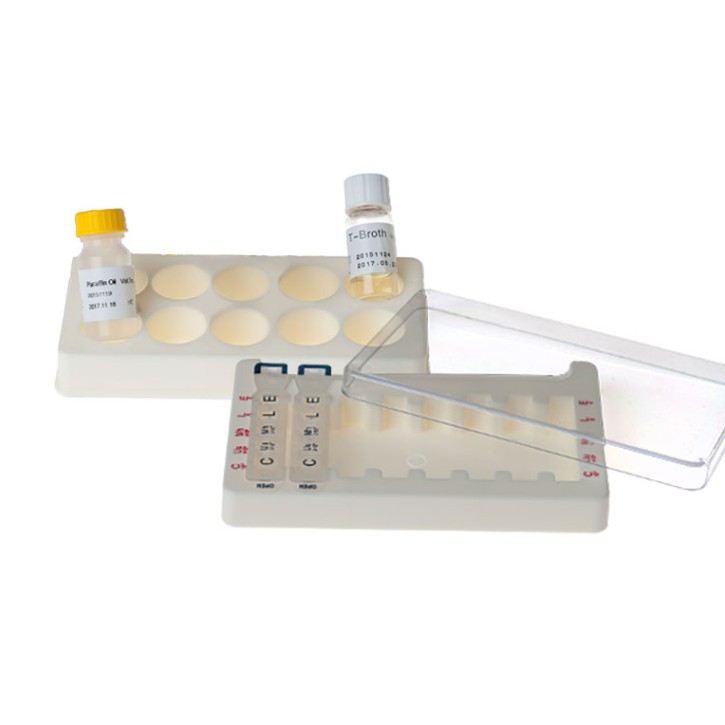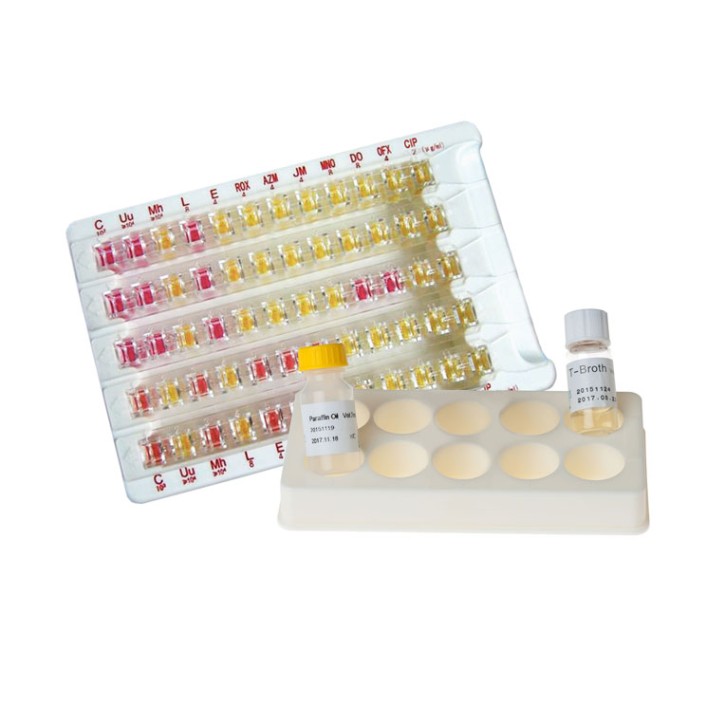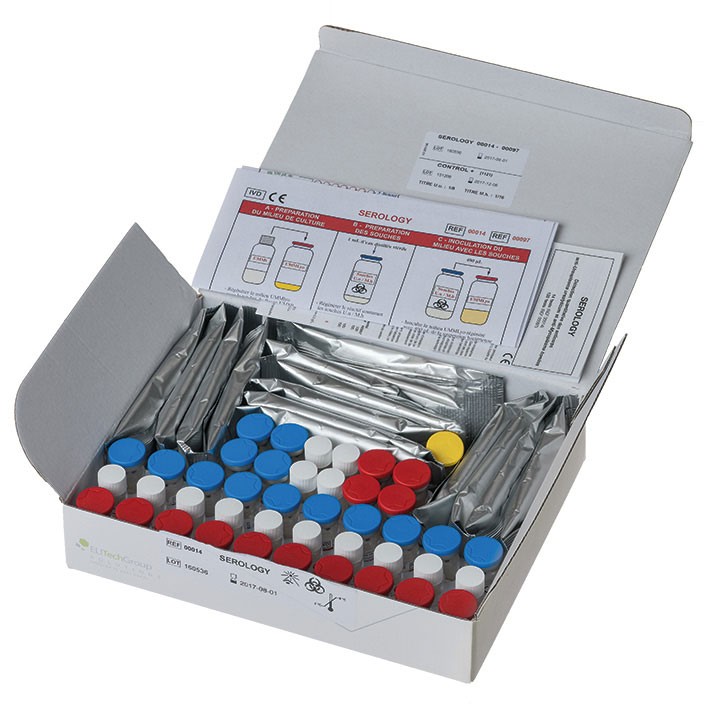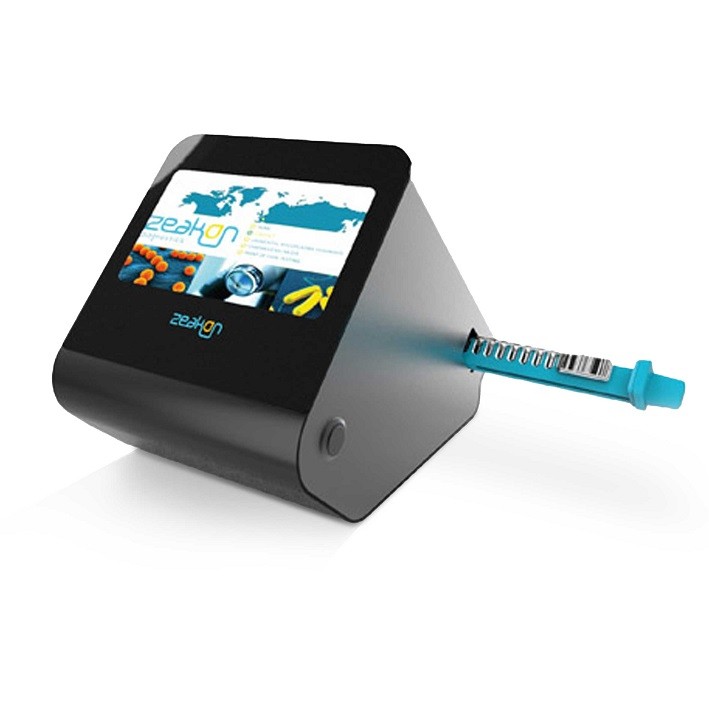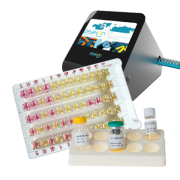
Mycoplasma diagnostics
Mycoplasmas belong to the class of mollicutes, so-called “soft-skinned bacteria”. They are pleomorphic and vary in size between 0.2-0.3 μm. Mycoplasmas only have one outer cell membrane; they do not have a solid cell wall because they lack the murein layer. Because of these properties, mycoplasmas have a natural resistance to antibiotics that interfere with bacterial murein synthesis (beta lactams, rifampicins, polymyxins).
Of the seven mycoplasma species found in the genital tract, the two most common are Mycoplasma hominis (M. h.) and Ureaplasma ureolyticum (U. u.). These two types occur in about 40% of all people as part of the normal mucosal flora, but are regularly asymptomatic.
As a facultative pathogenic agent, mycoplasmas can trigger a number of inflammatory processes, which is why diagnosis and, if necessary, therapy can be indicated:
- Vaginosis
- Postpartum fever
- Newborn infection
- Abortion and premature birth
- Non-Gonococcal Urethritis (NGU)
- Inflammation of the urethra, bladder, prostate, renal pelvis, fallopian tubes, testicles, epididymis, uterus
Various kits can be used for cultural detection of Ureaplasma urealyticum (U. u.) and Mycoplasma hominis (M. h.) from smear material from the urogenital tract (e.g., urethra, vagina) or other samples (e.g., urine, ejaculate).
EUR 60,00 - EUR 65,00
add. 19 % VAT excl. shipping costs
EUR 115,00 - EUR 135,00
add. 19 % VAT excl. shipping costs
EUR 195,50
add. 19 % VAT excl. shipping costs

